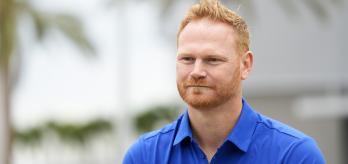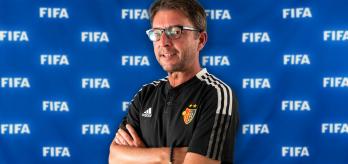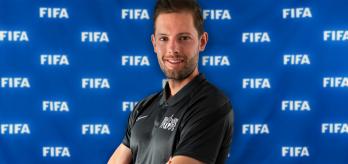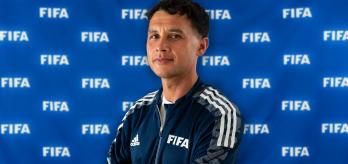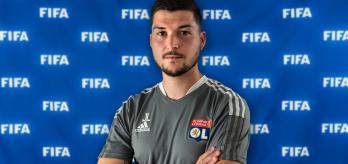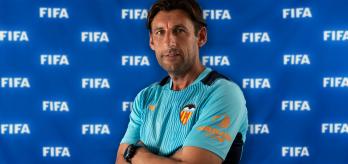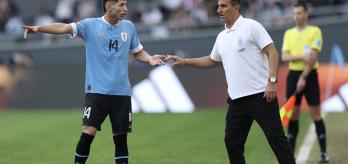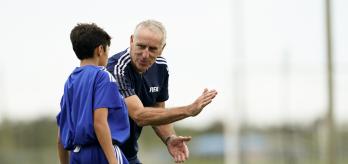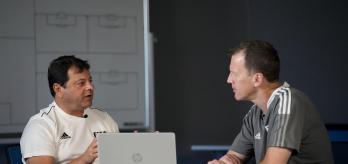Luis Martínez has been at Valencia CF for 11 years, and Director of Operations at its youth academy since 2019. Here he reveals some of the keys to the club's success and some of the biggest challenges he faces, including the pressure to deliver a return on the club's investment in its youth system.
Martínez's core areas of focus include:
-
placing emphasis on age-group specialists within the academy;
-
identifying talented players that can think and make decisions for themselves;
-
overseeing Valencia CF's People Development Department.
Watch interview
Read summary
Part 1: The academy: getting the best from players and coaches
After introducing himself and his role, Martínez explains what he looks for in young footballers, stressing that talent alone is not enough to make it to the top. Success requires dedication and a supportive environment, and creating this environment is the core aim behind the way the academy engages with parents, educating them about the academy's work and how they can best support their children as they progress up the football pyramid. Parents may not always agree with the club's methods, but they do understand them.
Martínez then turns his attention to the challenges associated with developing young talent. Perhaps the biggest of these is the financial imperative to nurture and, in some cases, sell on, home-grown talent to ensure the club remains financially viable. The importance of this objective makes measuring success – a difficult task in what is normally a highly subjective business – critically important for the academy and its staff. World-class coaching is crucial, too, and Martínez concludes by explaining why the club recruits age-group specialists, and insists on paying them all equally.
Part 2: The structure of the academy
Martínez tell us that while Valencia CF does have a reporting hierarchy, it actually uses a circular organisational chart, with the players at the centre of the circle. They are surrounded by a series of concentric rings that encompass all the academy's staff, from the coaches to the administrative functions all the way to the outermost circle, which includes the departments responsible for relationships with local schools. All of these areas play a role in the academy's work, and allow every member of staff to concentrate on what they do best.
Part 3: The "People Development Department"
To conclude the interview, Martínez explains what makes Valencia CF's People Development department unique. It is designed both to recruit academy coaches, and to help existing staff develop by providing them with training opportunities. Its work ranges from spotting talented young coaches to assessing the personal development needs of current staff and organising expert training from external providers. It also maintains links with local universities, providing them with specialist material on elite football and helping academy coaches to further their careers by finding them places on university courses.



.variant64x64.JPG)








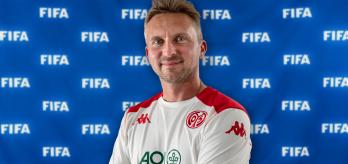
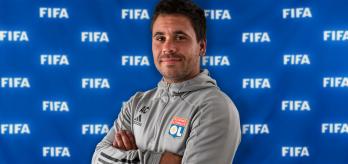
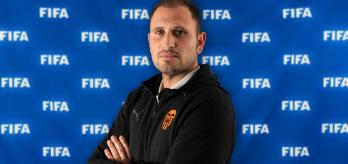
.variant348x164.JPG)
